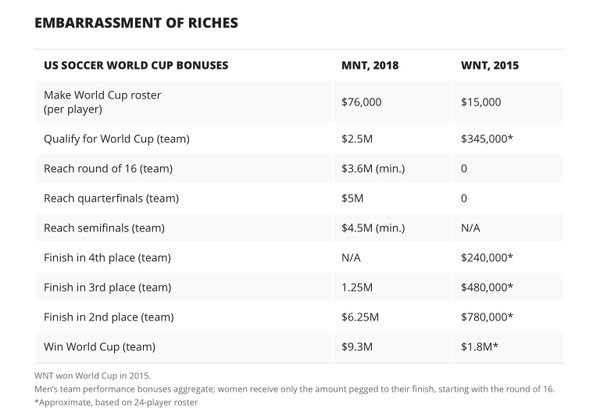In our ever constant struggle to find the secret sauce of finding the best talent, many organizations are looking to hire candidates who have grit. What the heck is grit? Candidates who have grit tend to have better resolve, tenacity, and endurance.
Ultimately, executives are looking for employees who will get after it and get stuff done. Employees who aren’t waiting around to be told what to do, but those who will find out what it is we should be doing and go make it happen. Grit.
It seems so easy until you sit down in front of a candidate and try and figure out if the person actually has grit or not! You take a look at that guy from 127 Hours, the one who cut his own arm off to save his . That’s easy, he has grit! Susy, the gal sitting across from you, who went to a great state school, and worked at a Fortune 500 company for five years, it’s hard to tell if she has grit or not!
I haven’t found a grit test on the market, so we get back to being really good at questioning and interviewing to raise our odds we’ll make the right choices of those with grit over those who tell us they have grit but really don’t!
When questioning candidates about their grit, focus on these four things:
- Passion. People with grit are passionate about something. I always feel that if someone has passion it’s way easier to get them to be passionate about my business and my industry. If they don’t have true passion about anything, it’s hard to get them passionate about my organization.
- Doer. When they tell you what they’re passionate about, are they backing it up by actually doing something with it? I can’t tell you how many times I’ll ask someone what their passion is and then ask them how they’re pursuing their passion and they’ve done nothing!
- What matters to them. Different from passion in that you need to find out what matters to these people in a work setting. Candidates with grit will answer this precisely and quickly. Others will search for an answer and feel you out for what you’re looking for. I want a workplace that allows me to… the rest doesn’t matter, they know, many have no idea.
- Hope. To have grit, to be able to keep going when the going gets tough, you must have hope that things will work out. The glass might be half full or half empty, it doesn’t matter, because if I have a glass, I’ll find something to put in it!
I’ve said this often, but I believe individuals can acquire grit by going through bad work situations. We tend to want to hire perfect unscarred candidates from the best brands who haven’t had to show if they have grit or not.
I love those candidates with battle wounds and scars from companies that were falling apart, but didn’t. I know those people had to have grit to make it out alive! I want those employees by my side when we go to battle.
Check out Angela Duckworth’s book Grit: The Power of Passion and Perseverance for more on this subject!

